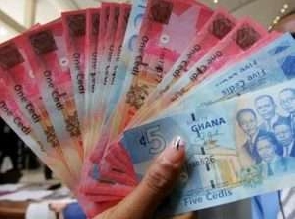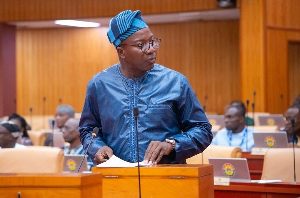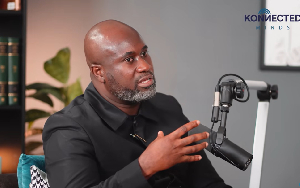Ghanaian tax expert, Francis Timore Boi has advised government to review how it spends taxes collected from citizens.
He noted that if the government does not move from spending over 90 percent of taxes collected from citizens to investing these taxes for profit, then the citizenry will eventually stop paying their taxes.
To him, it is a major concern for the government to take billions of cedis in taxes “and use some 91 percent to pay salaries and wages and use the remainder to pay interest rates”.
“When you invest taxes collected, you’re definitely going to rope in more profits but when you collect them and just consume, then we’ll always be hungry”, he told Samuel Eshun on the Happy Morning Show aired on e.TV Ghana and Happy FM.
On his authority, the country cannot spend over 90 percent of its taxes on paying salaries without making any significant developmental changes in the country. “In Japan, people can pay as much as 51 percent taxes because they know they will get the development and growth they seek. If I pay taxes and enjoy good roads and facilities, I’ll keep paying them (taxes). But if we pay taxes and don’t benefit from any infrastructural development, have bad roads and suffer terrible traffic jams, why would I continue to pay taxes then?”.
He advised the government to pay particular attention to how taxes are spent to prevent this phenomenon. “Until we put some long term solutions in place, Ghanaians might end up not paying taxes”, he added.
In a Budget Statement presented to parliament, Caretaker Minister for Finance, Osei Kyei Mensah Bonsu announced that Government is proposing new taxes to help the economy recover.
Among the taxes proposed by the Minister were the sanitation and pollution levy (SPL) Covid-19 Health Levy of 1% on VAT, Flat Rate Scheme (VFRS) and a 1% on National Health Insurance Levy (NHIL). Government has stressed that the introduction of these taxes forms part of revenue measures to help the economy recover.
General News of Tuesday, 4 May 2021
Source: happyghana.com













